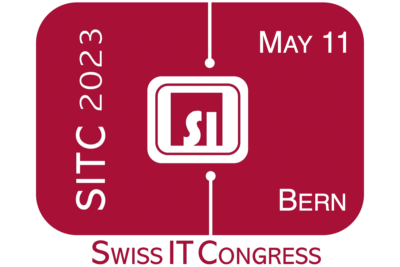Quoting from a private communication with a Swiss executive: “The executive boards already understand digitalization, but the boards of directors don’t.” This is indeed widely true in Switzerland. However, it is only part of the truth, because members of executive boards and members of boards of directors usually also share a lack of IT understanding. And while a good strategy requires digital business thinking, the successful execution of the strategy requires IT understanding. Thus, there is lot of education work ahead!
A mature economic understanding of digitalization is necessary, but not sufficient to succeed in the digital age. For the time being, both economic and technological understanding are needed. Executives must be able to develop digital business models and to set up organizational structures that are able to cope with the changing markets. And they must be able to create organizational IT maturity within their organizations. In the future, successful executives will in addition have to acquire a third skill, which is coding. As it goes, the three key digital leadership skills will be digital business thinking, IT understanding, and coding.
Obviously, coding is a vast land. In the following it is used in the meaning of developing new software of limited functionality, for example apps. Research and development have pursued consistently one goal throughout computer science history: the development of highly abstract coding affordances. For a long time this was only beneficial for IT professionals. However, in recent years low code platforms and no code platforms have been developed. They rely on graphical user interfaces and on configuration and eventually will change the game. Future versions will enable disciplinary experts and managers to develop their own digital tools – and as a result, many non-IT-professionals will become coders.
The upside of this development is clear: less fuzzy talk about what should be done, more real ideas, as people will expect to be shown prototypes. The downside is less obvious: Many people may confuse coding with IT understanding. The latter, however, addresses the governance of the applications systems in companies in the value-costs-risks space for IT. This includes, for example, the development of dynamic venturing capabilities (= capabilities to set up ad hoc deep collaboration with other companies in the form of a dynamic virtual enterprise). They key discipline there is mastering the complexity demon. Although microservices have severely wounded that demon, it will recover and grow further, being fed by increased business complexity and an increased speed of change. Quick coding of prototypes is pretty much the opposite of fighting the complexity demon.
It is crucial to future success is that all three skills – digital business thinking, IT understanding, and coding – are present in boards, whether they are executive boards or boards of directors. That does not imply that each board member must have all three skills, but rather that decision processes must not take place without the three skills being involved. The reason is simple: Digital leadership requires to zoom in and to zoom out in all directions: business, organization, and IT – and each of the three directions requires two of the three skills.










